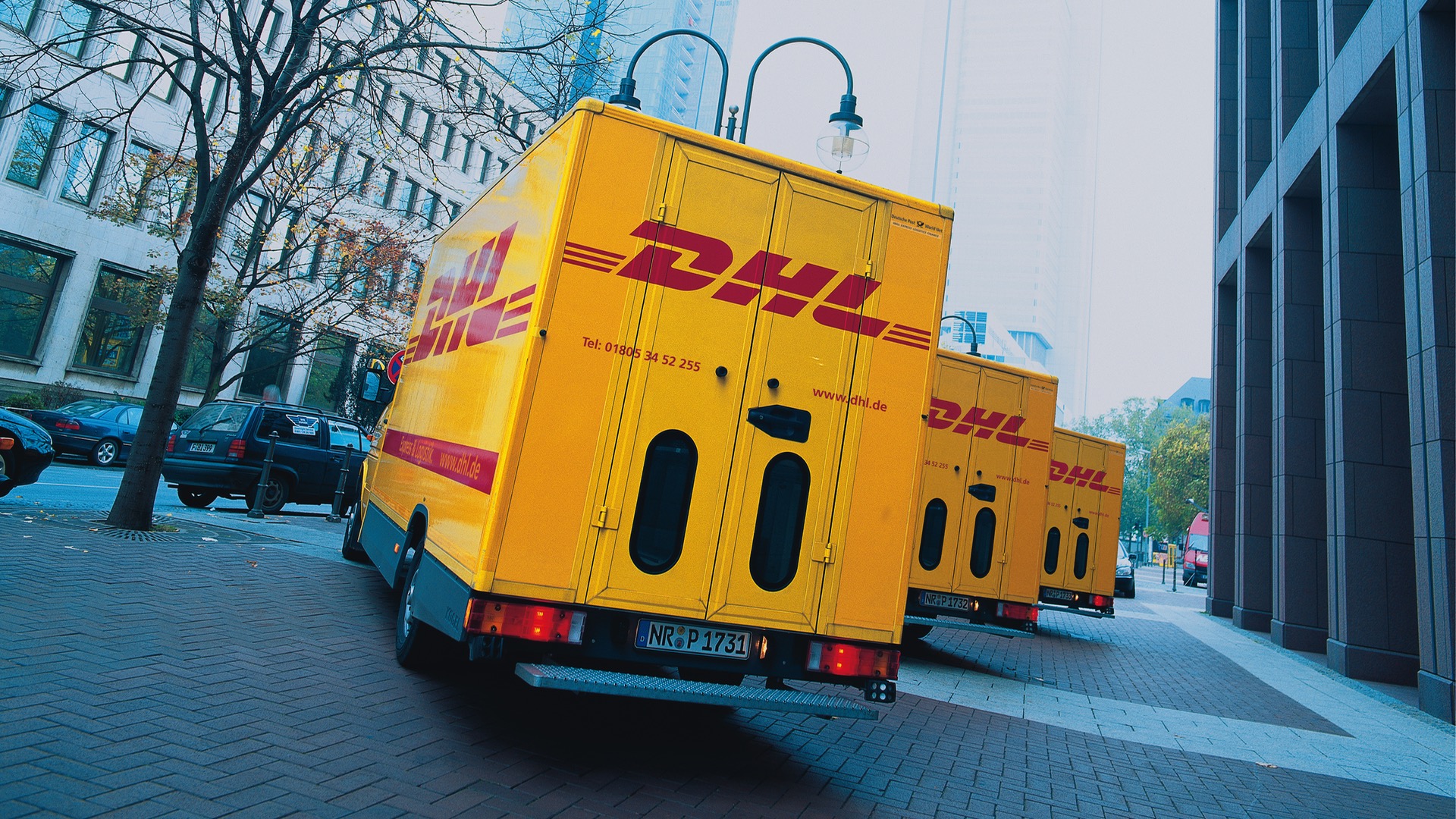

Self-driving trucks are quickly catching up with self-driving cars in terms of hype and interest from developers. Logistics giant DHL believes the arrival of autonomous trucks is inevitable, and is already planning for them. In a blog post, DHL Chief Commercial Officer Bill Meahl said failure to acknowledge this trend could be a “costly mistake.”
DHL plans to begin testing autonomous delivery vehicles, including automated versions of its small StreetScooter electric vans, next year in concert with Nvidia and ZF. While these tests will likely involve local deliveries, DHL believes big Class 8 semi trucks will eventually become automated as well, but not for a long time.
The company sees lots of potential benefits from autonomous driving. Self-driving trucks will be more fuel efficient, Meahl said, and could help the company address driver shortages. While there is some concern that self-driving trucks will take away jobs, Meahl indicated that the real problem is a lack of drivers. He cited data from Truckinginfo.com saying the U.S. was short 50,000 drivers in 2016.
Trucks also won’t be completely driverless at first, Meahl said. He envisioned an autopilot system that more or less takes control of the vehicle while the driver monitors things and stays ready to take over when needed. While Meahl correctly noted that this system works for airliners, companies have found it difficult to keep drivers attentive in automated road vehicles. There is also less time for a person to achieve full situational awareness in an emergency on the road than in the air.
Meahl predicted that autonomous-driving tech will enable “platooning,” meaning a convoy of trucks will drive in tight formation to exploit aerodynamic advantages. DHL plans to test platooning next year in the U.K. using a setup in which a lead driver controls the acceleration and braking of trailing trucks while drivers in those trucks control steering. DHL isn’t alone in pursuing platooning: Daimler is conducting tests of its own in the U.S.
“Given both the technological and regulatory challenges, at this stage we think a fully-autonomous future is likely further away than some think,” Meahl said, adding that “artificial intelligence may never supplant human intelligence” in trucks. DHL will prepare for an autonomous future but unlike some companies, it isn’t acting like that future has already happened.